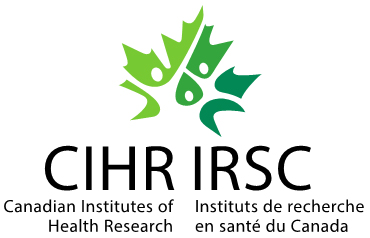A Platform for Brain Health Research
As the population ages, there is a critical need to understand the
determinants of successful cognitive aging such as physical activity,
sedentary behaviour, diet and sleep using large-scale, population-based methods. The CLSA is an ideal research platform to advance this understanding through its longitudinal design, inclusion of adults from mid-life to older age, and its comprehensive collection of questionnaire data, physical assessments, and biological specimens. The CLSA-Weston Healthy Brains, Healthy Aging (HBHA) Initiative will further develop the CLSA as a global platform for research on cognitive aging with the introduction of neuroimaging, gut microbiome analyses and enhanced lifestyle measures.

CLSA-Weston HBHA Initiative
In 2021, the Canadian Longitudinal Study on Aging received a
$12-million research grant from the Weston Family Foundation
to establish the CLSA-Weston Healthy Brains, Healthy Aging
Initiative. As a result of this funding, the CLSA has introduced
brain imaging (MRI scans), stool sample collection and additional
cognitive measures. These data are combined with existing CLSA
measures of physical and cognitive health, medical, psychosocial,
socioeconomic, environment, lifestyle, and biospecimens to
critically advance fundamental knowledge regarding successful
cognitive aging.

The HBHA Cohorts
Launched in 2022 during the fourth wave of CLSA data collection, known as Follow-up 3, the CLSA-Weston HBHA Initiative includes 6,000 participants from the CLSA Comprehensive Cohort who take part in face-to-face interviews, extensive physical assessments and biological specimen collection. All CLSA-Weston HBHA Initiative participants are asked to provide a stool sample for metagenomics and metabolite profiling. They are also asked to wear mobility trackers for seven days to enable continuous measurements of physical activity.
Of the 6,000 HBHA participants, 2,630 are asked to complete further data collection measures, including undergoing an MRI scan, additional cognitive testing, and wearing sleep trackers. Repeat measurements are planned for Follow-up 4, approximately three years after initial data collection.
Anticipated Results
Identifying key determinants of cognitive and brain reserves, and the impact of accumulating impairments in older adulthood is viewed as central to understanding brain aging. The introduction of the CLSA-Weston HBHA Initiative provides a unique opportunity to address research on the aging brain from a multisystem approach that requires data from cell to society.
A better understanding of the neural and biological basis of successful cognitive aging in relation to lifestyle behaviours, from mid to late life, and how they differ by sex, will be critical to the development of screening and prevention strategies that are lifespan- and sex-specific.

Research Team
Research Funding
Support for the study is provided through the Canadian Institutes of Health Research and the Canada Foundation for Innovation. The introduction of brain imaging and gut microbiome analyses into the CLSA has been generously supported by the Weston Family Foundation.























